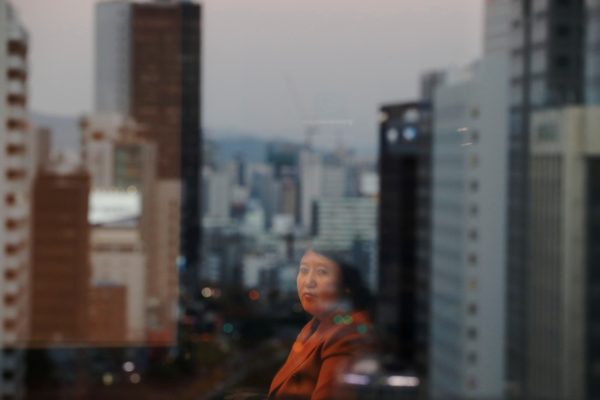Few North Koreans made their way to South Korea before the famine of the 1990s. According to the Ministry of Unification, 10,000 North Koreans registered in South Korea by February 2007 and an additional 10,000 by November 2010. Nearly 31,000 North Koreans had registered by June 2017. Thousands still arrive annually despite stronger border controls under Kim Jong-un’s government.
Once the North Korean arrivals have been processed, they become South Korean citizens where language poses a hurdle to integration. The Seoul and Pyongyang dialects were different prior to the division of the country. Since then, the northern dialect has been influenced by Russian while English influences the southern dialect. North Koreans find that upon arriving in Seoul they may understand only 70 per cent of the words spoken and often find themselves talking with someone they may not understand. North Korean arrivals often deal with ‘accent discrimination‘ limiting their employment opportunities.
The financial resources needed to educate and train North Korean arrivals — such as computer literacy skills — have caused heightened public scrutiny. Reforms in 2004 attempted to address these concerns by reducing the resettlement grants to those processed by roughly two-thirds.
Female arrivals comprise over 70 per cent of those coming to South Korea in recent years. As a traditional patriarchal society with expectations of men as breadwinners, the South Korean public may see female arrivals in a more positive light, while male arrivals are more likely to encounter resistance similar to that of refugees and immigrants elsewhere.
We surveyed 739 South Koreans in March 2019 via Macromill Embrain to address perceptions of North Korean immigrants. The open-ended answers registered sympathy towards North Koreans and ideas of being of the same nation.
The survey also identified whether the public perception of aid for North Korean immigrants is dependent on the gender of the recipient. Respondents were supportive of either refugees in general or female refugees receiving increased funds from the government. But support declined by 10 per cent when asked about increasing funds for male refugees specifically. Male respondents were consistently more supportive of increasing funds compared to female respondents. If South Koreans are generally aware that most North Korean arrivals are female, the greater support among males could be a function of cultural norms about who should be in the workforce.
South Korea’s rapprochement efforts intimately shape the treatment of North Korean arrivals and it is imperative that South Korea develops long-term strategies for refugee integration that encourage eventual unification. As both linguistic variants of Korean continue to diverge and technology steadily develops, additional funding will be required to ensure successful transitions into the workforce.
These efforts should be viewed as part of a broader effort to develop a modern social safety net that lifts up both South Koreans and new arrivals. Part of this effort should focus on developing a coherent strategy for infrastructure and humanitarian assistance to North Korea. Assisting North Korean arrivals should be part of a policy narrative that focuses on job creation and greater opportunities for all. This will help the public overcome their hesitation to accept refugees and will assist in reducing the gender disparity that exists in part to deem who is and who is not worthy of social welfare.
Timothy S Rich is an Associate Professor of Political Science at Western Kentucky University.
Andi Dahmer is an honours undergraduate researcher at Western Kentucky University.

